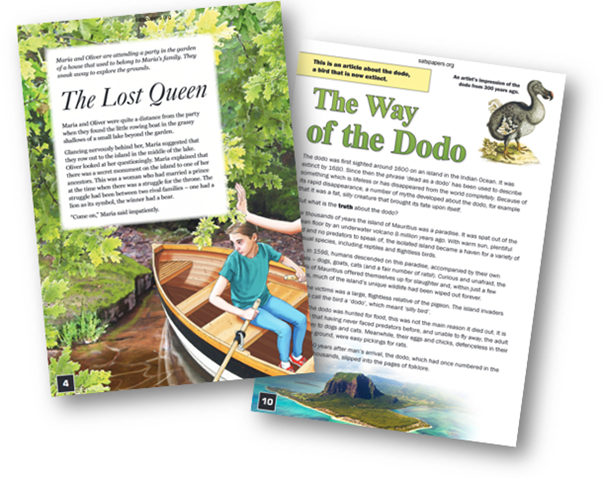
See also Whole-class reading: an example lesson and a menu of approaches and Whole-class reading: another example lesson
Recently, colleagues and I have been working hard with schools to develop whole-class reading practice which is both challenging and inclusive. This is a particularly current issue in primary schools, but is – of course – also pertinent to secondary English.
Many teachers and schools are moving towards quite a formalised approach, with a similar agenda for every session or series of sessions. Pupils might move through a fairly fixed set of activities; texts might be subjected to quite repetitive kinds of interrogation, with pupils asking and answering similar questions each time. (Such an approach can develop out of a focus on preparation for assessment, often defaulting to ‘content domains’ in primary, or to GCSE ‘AOs’ in secondary.) Such repetition, while reassuring, can also be limiting, denying the potential of individual texts to teach particular aspects of reading, to demand particular kinds of thinking, to invite different kinds of response, to suggest a variety of engaging, classroom activities, and to offer new pleasures and experiences to pupils as real readers.
The contrasting approach is to have no set formula for whole-class reading sessions, but to let planning be flexible, led by the the text’s ‘potential’, by the shifting needs of the pupils, by the class’s developing relationship with the text as readers and – of course – by the inventiveness and resourcefulness of the teacher.
Such a flexible approach can make it easier for teachers to follow the following principles, which we believe underlie the best whole-class reading practice.
- Enjoy reading challenging texts with children
- Let the text lead
- Have rich conversations about texts
- Pitch high & scaffold for all
- Build talk around personal response
- Keep it varied
- Integrate the teaching of reading, writing & grammar
Continue reading “Whole-class reading: a planning tool” →






 This blog post was originally an article, written in 2003 with Craig Morrison for the NATE magazine English, Drama, Media, when we both taught at Parkside Community College in Cambridge.
This blog post was originally an article, written in 2003 with Craig Morrison for the NATE magazine English, Drama, Media, when we both taught at Parkside Community College in Cambridge. 
 Michael Rosen recently
Michael Rosen recently 